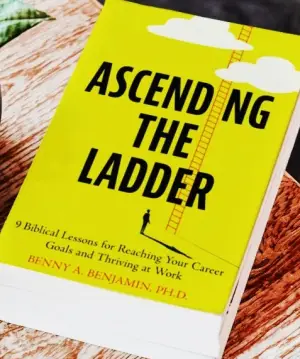I recently finished Emotional Intelligence Habits by Dr. Travis Bradberry, and I felt compelled to share my thoughts. As someone who values personal development and the nuances of emotional intelligence (EQ), I was excited to dive into this book, especially given the rising importance of EQ in both personal and professional realms.
Dr. Bradberry’s premise that "Change your habits, change your life" resonates throughout the book, and he provides a roadmap for cultivating better emotional intelligence through small, manageable changes. I was intrigued by his ability to distill complex concepts into straightforward actions. This was especially appealing as I often find myself overwhelmed when trying to adopt new habits or improve existing ones.
One of the highlights of the book is its practical approach, filled with real-life examples and exercises. Bradberry emphasizes not just understanding emotional intelligence but applying it practically in daily situations. This aligns with feedback I’ve seen from readers who commend the actionable strategies offered throughout the book. For instance, Tammy Blunt shared her excitement about utilizing the chapters as ongoing references, and I couldn’t agree more. Each chapter felt tailored to different aspects of emotional intelligence, making it easy to pick and focus on what I needed at the moment.
However, as I turned the pages, I encountered some drawbacks. While I appreciated the rich insights Bradberry offered, I found a few sections to be a tad superficial. For those with a well-rounded understanding of emotional intelligence, Fermín’s sentiment about the book’s lack of deep exploration is valid. It sometimes felt like it skimmed the surface rather than providing in-depth strategies for personal growth.
Additionally, the Emotional Intelligence Appraisal included in the book seemed to receive mixed reviews. Some readers, including a reviewer under the name Texas Diva, expressed disappointment over the assessment’s depth, likening it to a quick checklist rather than a thorough exploration of their emotional competencies. I found myself wishing for a more profound evaluation tool to complement the rich content of the book.
Despite these minor grievances, the book shines through in its organization and accessibility. Bradberry’s writing style is engaging and clear, making it easy to grasp complex ideas without feeling lost. I particularly enjoyed how relatable and inspiring the case studies were, which encouraged me to contemplate my own emotional responses and interactions.
I also appreciated how Stephen O. described the book as an invaluable resource that significantly impacted his understanding of emotional intelligence. I felt the same transformation within myself; it has sparked motivation to cultivate better habits that would enhance my emotional well-being.
To sum up, Emotional Intelligence Habits is not just a book; it’s a guide for anyone looking to improve their understanding of themselves and their relationships with others. It provides a straightforward framework for developing essential habits, with the potential for significant personal transformation. While I believe it could have delved deeper in some areas and the appraisal could have been more comprehensive, its strengths far outweigh these downsides.
I wholeheartedly recommend this book to anyone interested in personal growth, regardless of their initial understanding of emotional intelligence. It’s a practical, engaging read that has the potential to make a lasting impact on your emotional health and relationships. Whether you’re new to EQ concepts or just looking to solidify your understanding and application of them, this book might just be what you need.








